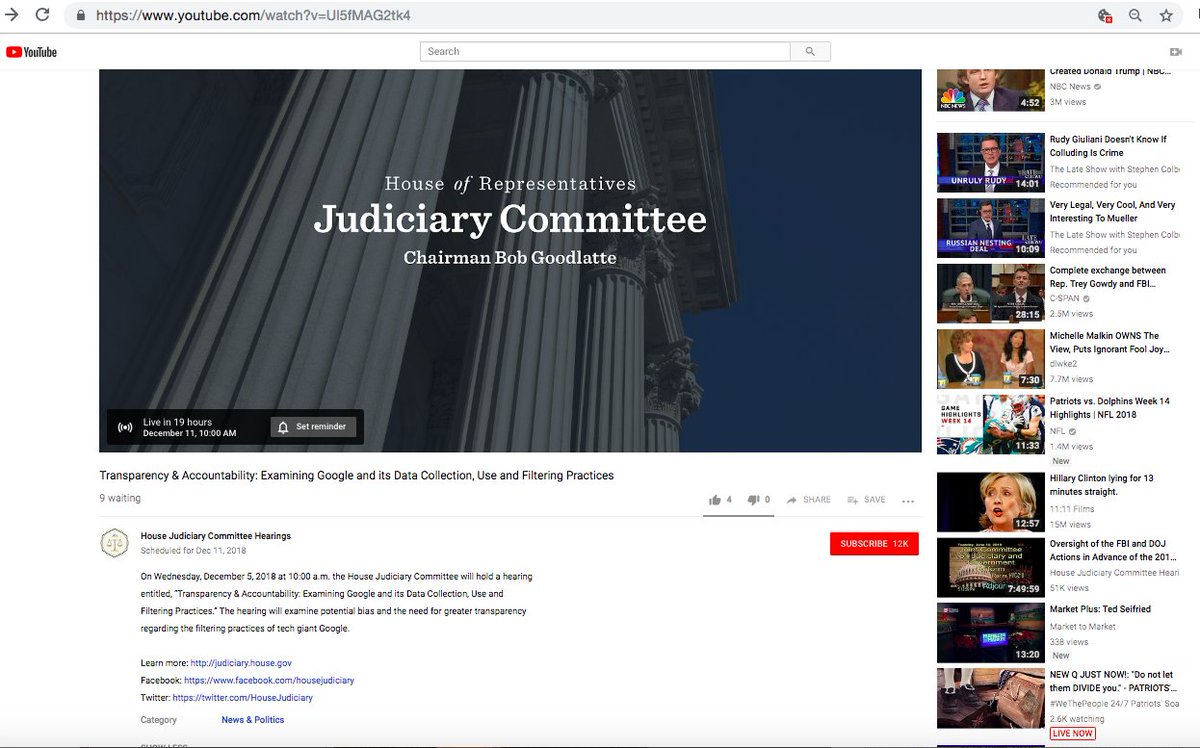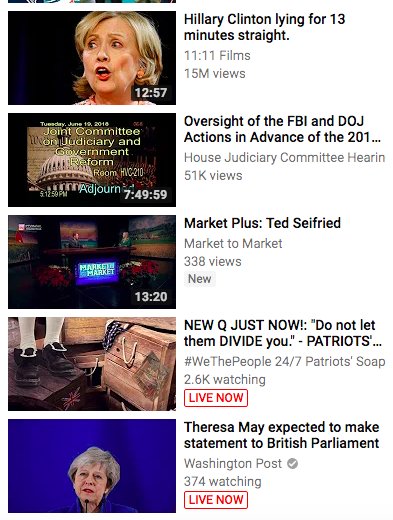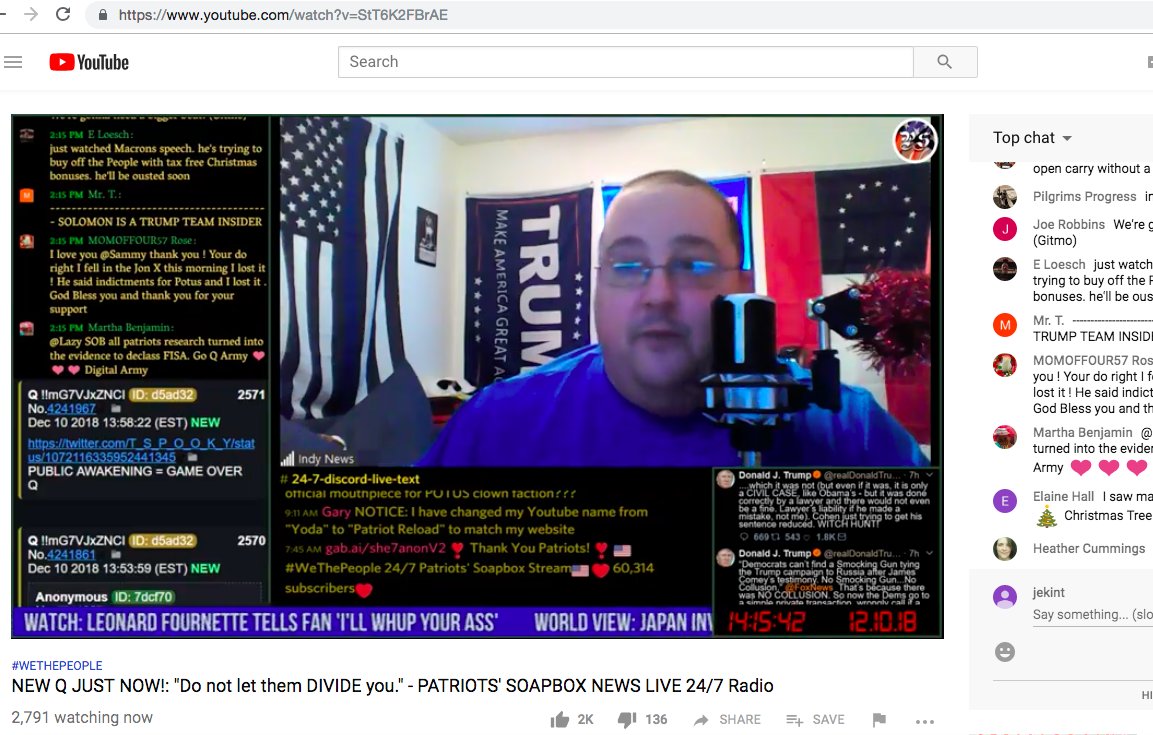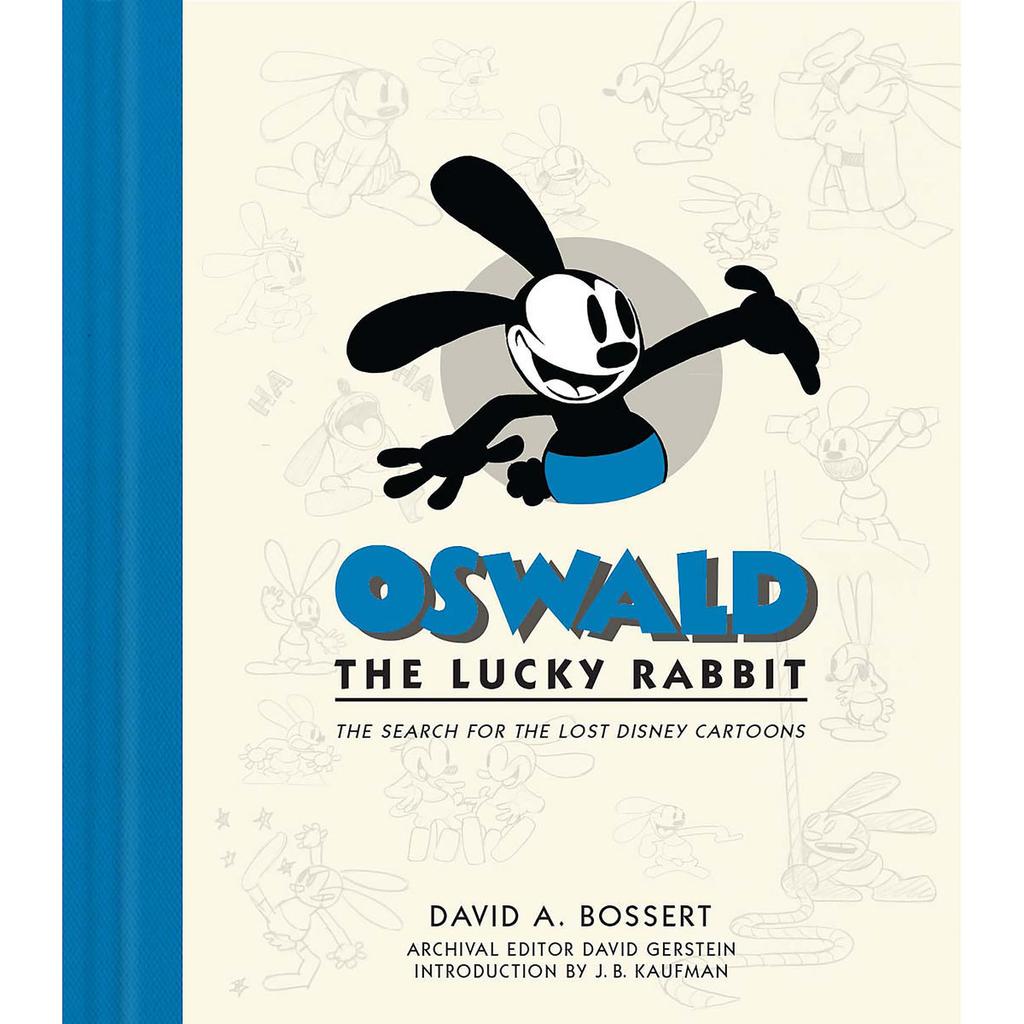Most ad blocking in the western world happens within 2 ad blockers - both pieces of software block most ads and then leverage a scheme in which they are paid $$$ to whitelist certain ads which they have deemed “acceptable.”
Like this thread? Get email updates or save it to PDF!
This content may be removed anytime!
Twitter may remove this content at anytime, convert it as a PDF, save and print for later use!
Try unrolling a thread yourself!

1) Follow Thread Reader App on Twitter so you can easily mention us!
2) Go to a Twitter thread (series of Tweets by the same owner) and mention us with a keyword "unroll"
@threadreaderapp unroll
You can practice here first or read more on our help page!














